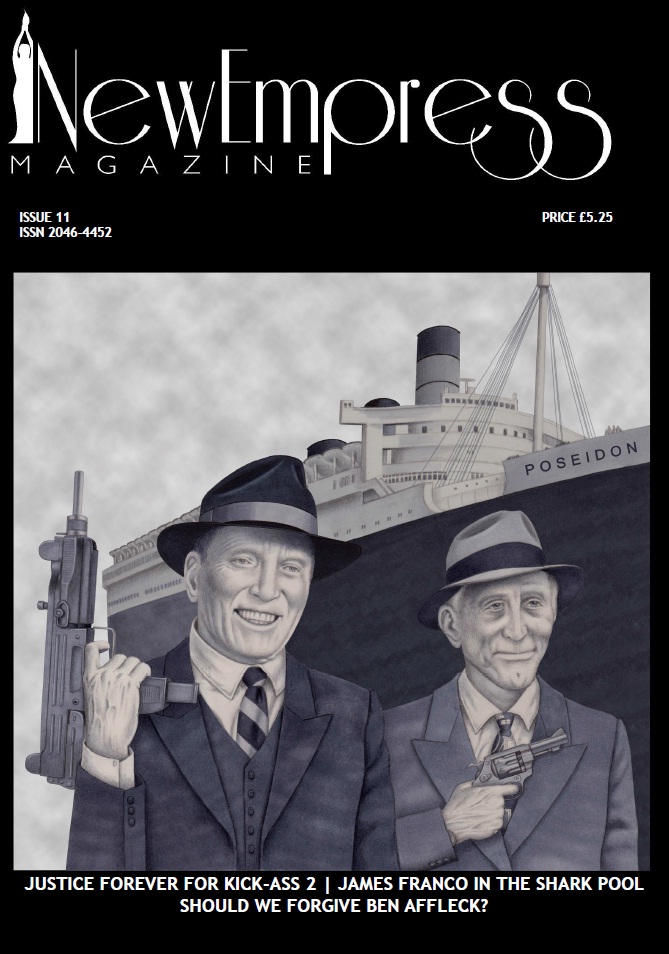
Director Joe Wright and Keira Knightley have had a fruitful time together so far, so much so that he wouldn’t have considered any other actress to play the tragic Anna Karenina, even under the threat of torture. Or so we’ve heard. In charge of words we have the estimable playwright Tom Stoppard, Oscar winner for Shakespeare in Love, who has lowered himself to write for film once more, we can imagine, to protect the interests and good name of Tolstoy against the ravages of the once napkin-headed figure of Jude Law, who stars as Anna’s husband. The result was something a little unexpected, but good.
For those who don’t know the story, Anna Karenina is set in the late 19 th century within the confines of the sumptuous and liberally gilded Russian high society. The revolution is still some way off. Anna is married to minister Alexei Karenin, a Very Important Person. You get the sense early on that she isn’t entirely happy but you are able to brush that to one side until Anna embarks upon a fateful and extremely chilly train journey home to Moscow to visit her brother and his family.
Anna meets an older lady (played by Olivia Williams) and through her, the showy and presumptuous Count Vronsky (Aaron Taylor-Johnson). Karenina and Vronsky make a show of themselves throughout Moscow and St Petersburg society and eventually embark upon a melodramatic affair. Knightley and Taylor-Johnson capture the combined naivety and selfishness of this couple well, providing a suitably torturous viewing experience.
Those characters on the sidelines of this melodramatic affair are those which provide the most colour and, erm, character. Konstantin Levin (Domhnall Gleeson, son of Brendan) has high ideals and is in love with Princess Kitty (Alicia Vikander) but thinks himself not good enough, despite working hard on his farm and treating his workers very well. Anna’s brother Stiva (Matthew Macfadyen) is a consummate flirt and adulterer but his long-suffering wife Dolly, played by the charming Kelly MacDonald, is easily persuaded to forgive. Jude Law is solemn and works the imperial Russian beard and moustache combo well. All of these are good performances and you wish you could have seen just a little more of them.
The most surprising thing about Anna Karenina is the staging, providing a clever way to get around the clichés that appear to contribute to the downfall of many of these costume-focused films. At times it does seem a little twee but overall the film is imaginative, colourful and holds the attention tightly.
Maryann has awarded Anna Karenina (2012) four Torches of Truth.


















